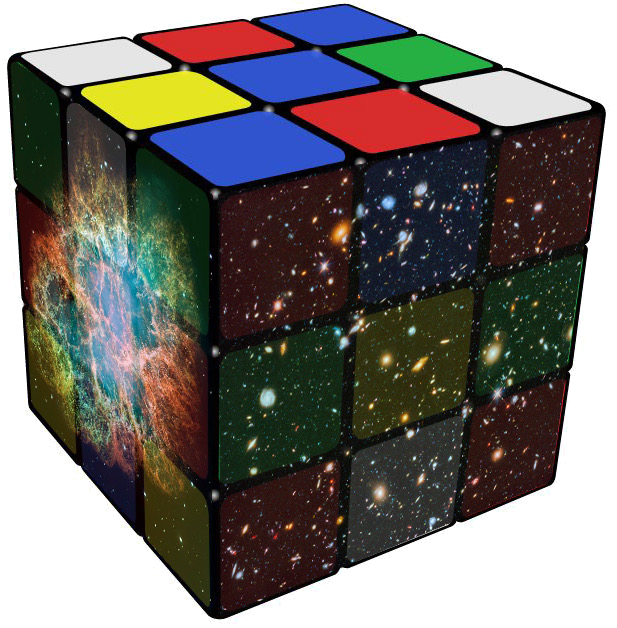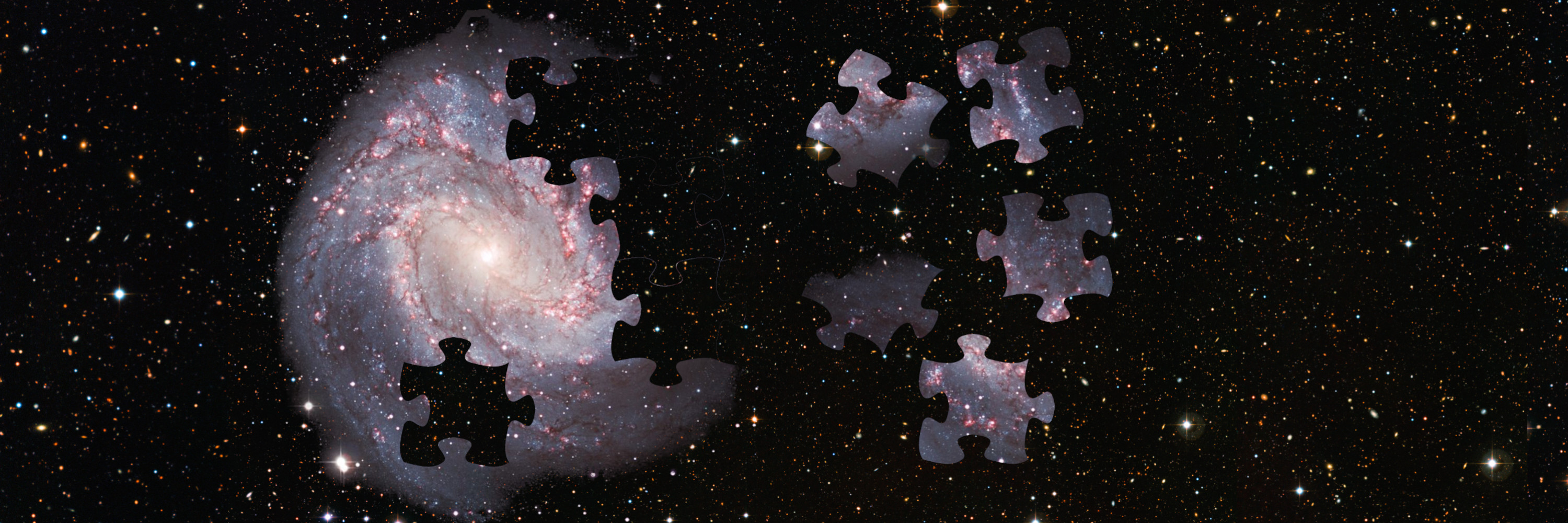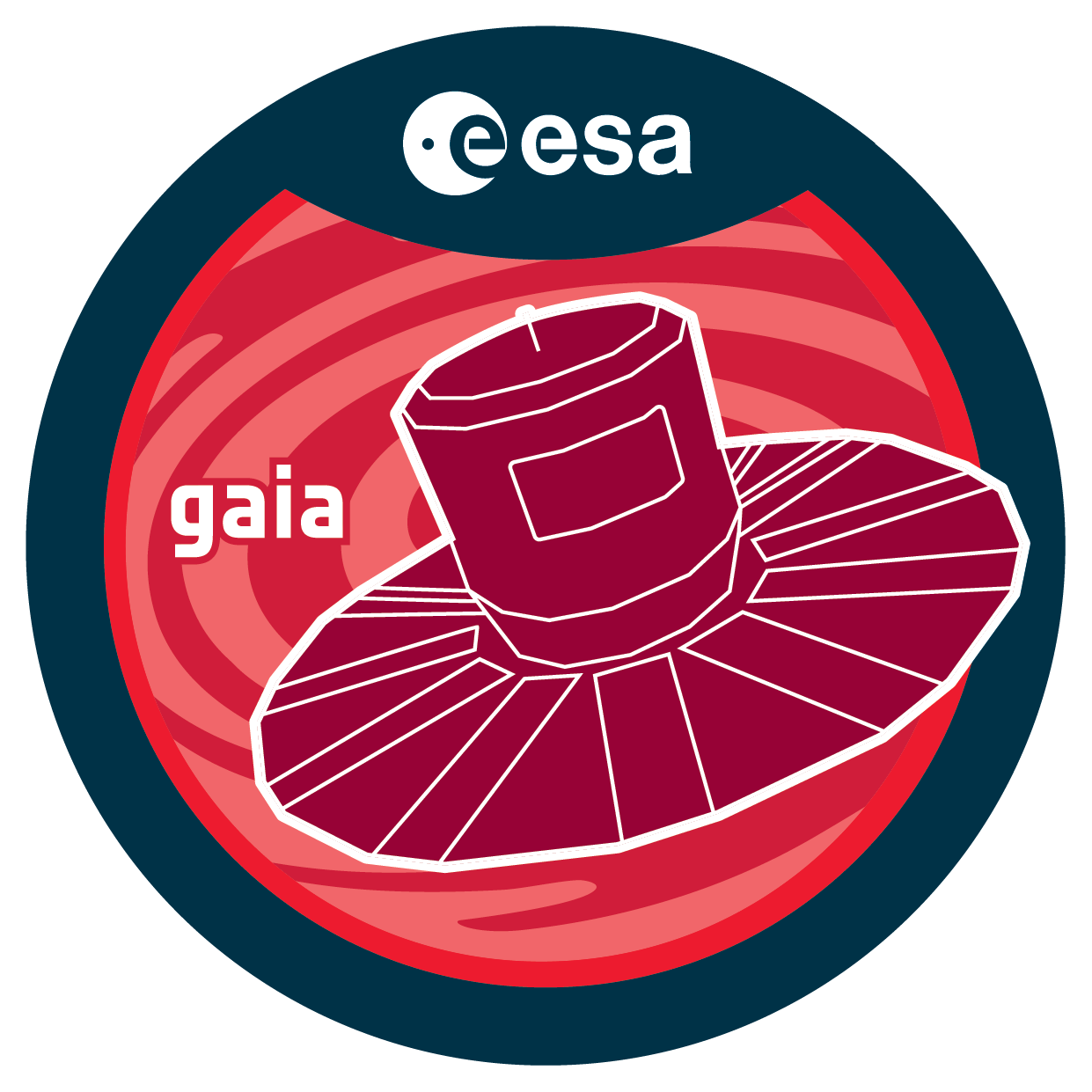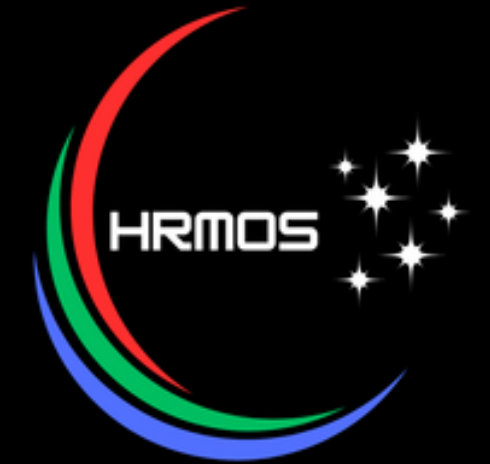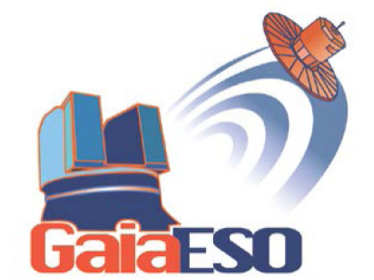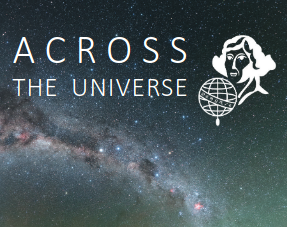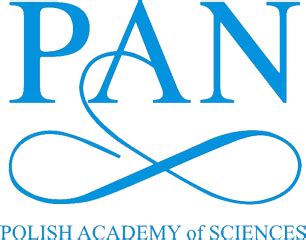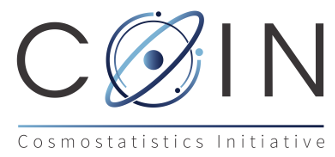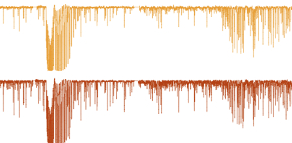
New team member!
Dr. Heitor Ernandes is a new post-doc joining the SAGA team to work on the "History of CNO" project.
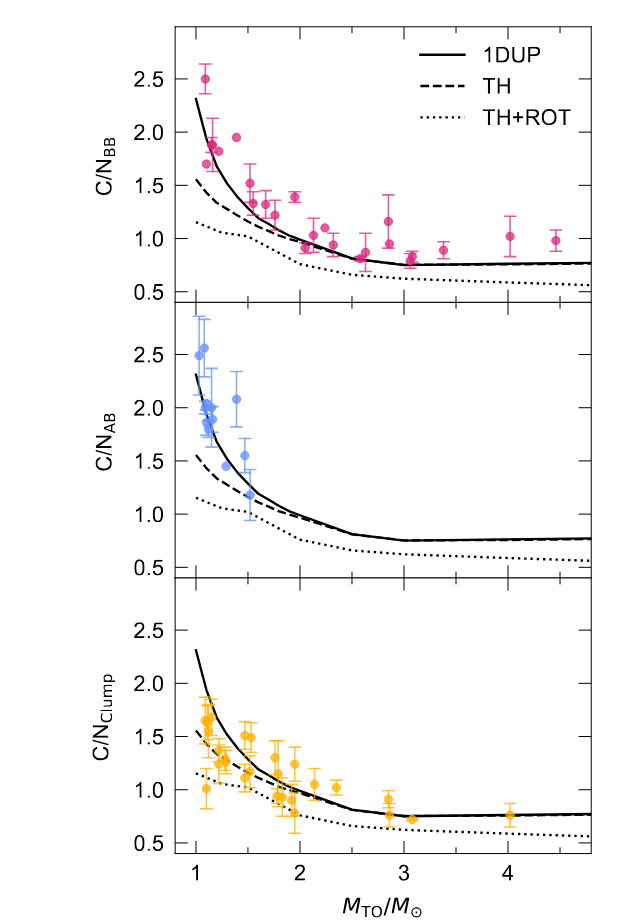
Paper accepted in A&A!
The paper "Carbon and nitrogen as indicators of stellar evolution and age. A homogeneous sample of 44 open clusters from the
Gaia-ESO Survey" has been accepted for publication in A&A.
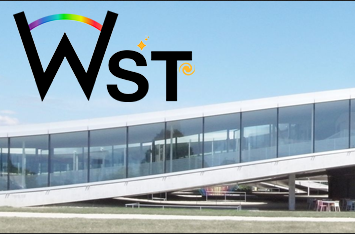
WST science leaders meeting in Lausanne, CH.
The leaders of all science working groups of the WST project met in Lausanne, Switzerland, to discuss the driving science
cases for this future facility.
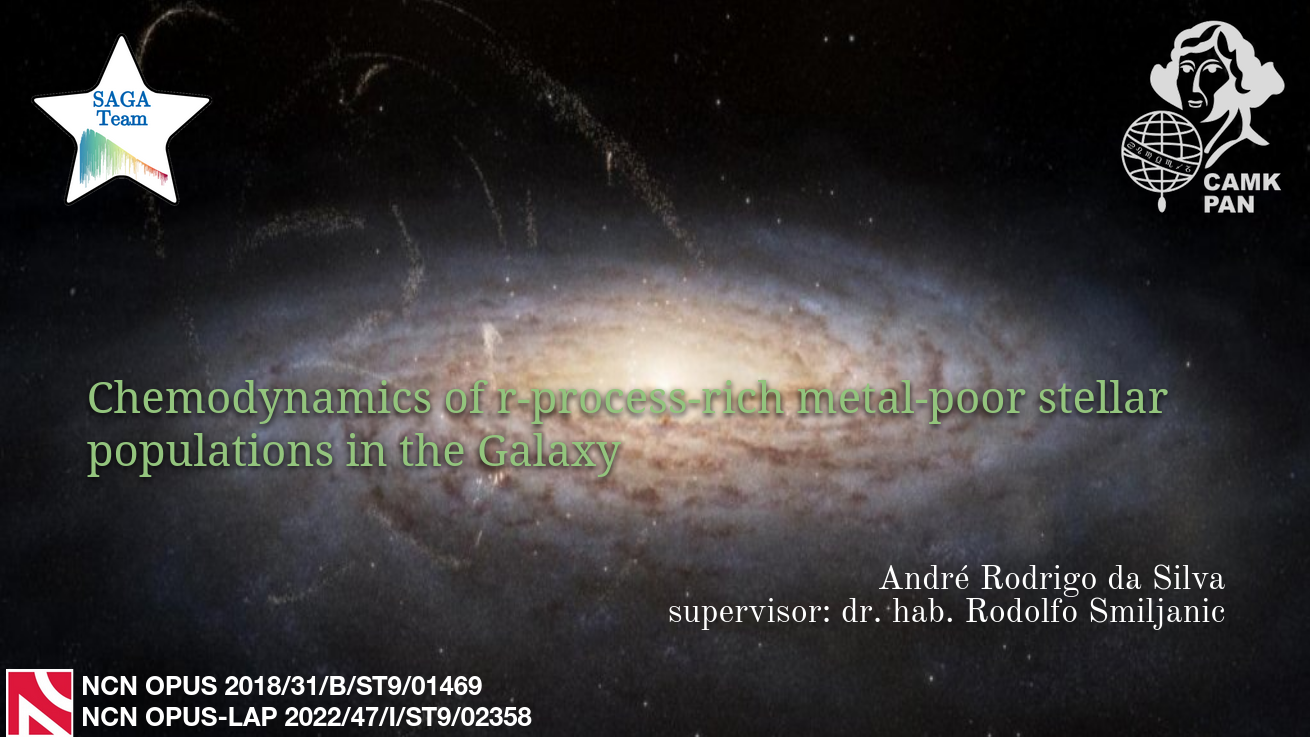
First Ph.D. defence in the SAGA Team
On September 26, the Ph.D. candidate André Rodrigo da Silva successfully defended his Ph.D. dissertation. André
is the first student to conclude his doctorate at the SAGA Team.
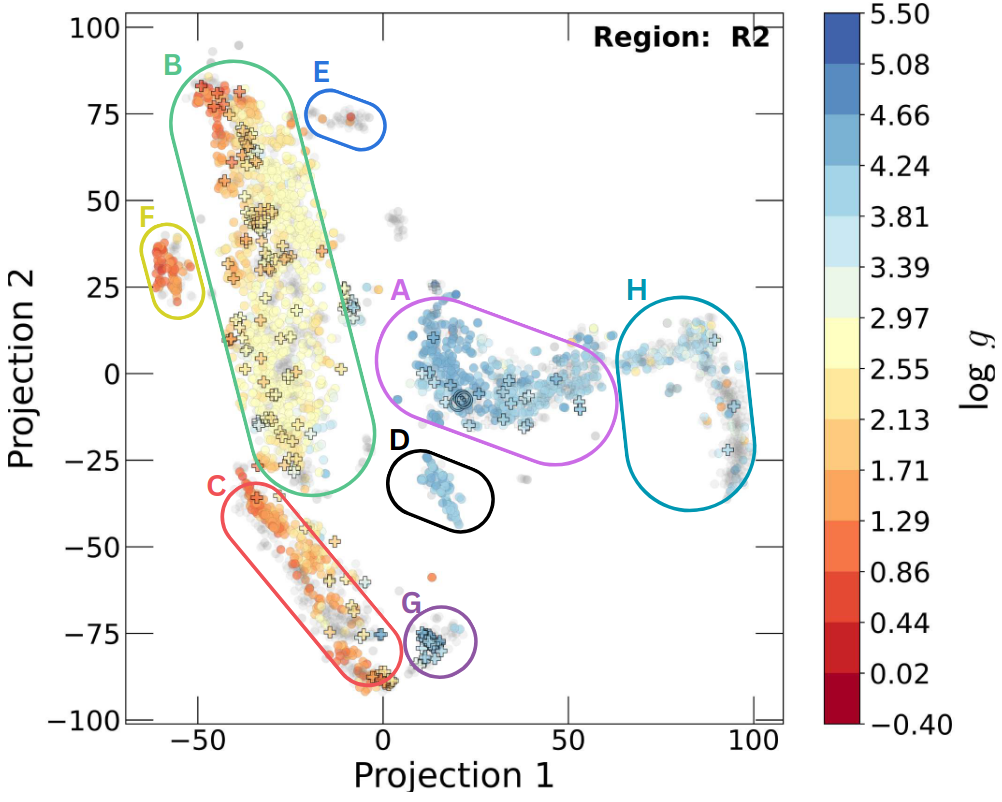
Paper accepted in A&A!
The paper "Playing CHESS with stars. I. Search for similar stars in large spectroscopic data sets"
has been accepted for publication in A&A.
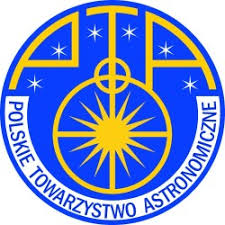
SAGA Team at PTA 2025
The 42nd meeting of the Polish Astronomical Society (PTA for the acronym in Polish) took place in Warsaw, between 8-12 September.
Four works with
participation of the SAGA Team have been presented.
